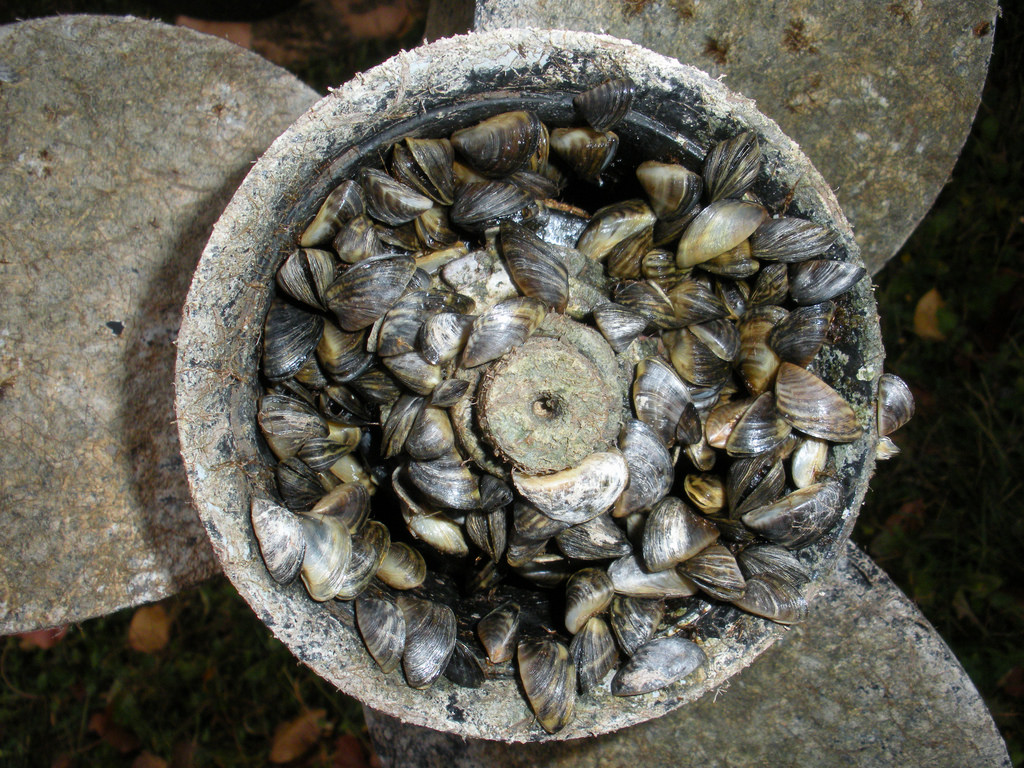With many boaters taking their crafts across provincial borders over the summer, including through Lloydminster, they’re reminded to make sure an invasive species isn’t hitching a ride with them.
Especially with the standard boating season happening now, provinces and states work together to make sure that aquatic invasive species, like zebra or quagga mussels, don’t make their way into local waterways.
If these animals make it into a waterway, they can wreak havoc by attaching themselves to recreational resources, power generation systems and water infrastructure. They can also wash up on shore, which opens the potential for injury.
Once the mussels are in, they might not even be possible to get out. This is because they have no natural predators and can reproduce extremely quickly, with female mussels able to lay up to a million eggs over the span of a year.
The Saskatchewan Ministry of Environment says all boaters travelling through a provincial or national border need to stop at any and all watercraft inspection stations. Residents and visitors can catch and discard these species in advance by using the Clean, Drain, Dry check.
No matter what kind of boat someone has, motorized or otherwise, they should take this method into account, the Ministry of Environment says. First, they start with removing plants, animals and mud from trailers, hulls, motors and fishing equipment using high pressure, hot tap water.
The second step is draining all water, including bilges and live wells, and flushing with hot tap water. Then, owners should allow all equipment to dry completely, ideally five days prior to travel, while leaving compartments open to dry.
Finally, when it’s time to move the boat, pull and leave out the plug during transport, tilting the watercraft when stored to allow the bilge to both drain and dry. This step is especially important because as of 2020, people must remove the boat plug when travelling or they could face a fine for not doing it.
The Ministry says the province continues to be free of AIS, which has been helped by boaters adhering to these programs.




